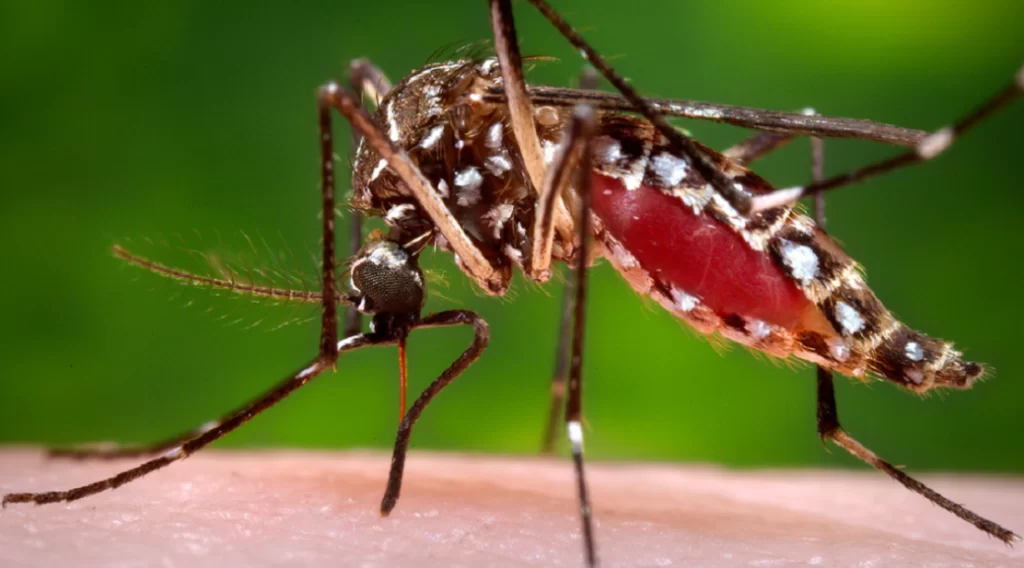In a bid to boost the health sector’s fight against Malaria, Djibouti has released swarms of genetically engineered mosquitoes in a suburb in the country in a pilot project to fight malaria.
Djibouti has released swarms of genetically engineered mosquitoes in a suburb in the country in a pilot project that aims to fight malaria.
The initiative, dubbed the Djibouti Friendly Mosquito Programme, targets the highly invasive Anopheles stephensi mosquito, which has caused a dramatic rise in urban malaria cases in Djibouti’s capital city and is rapidly spreading elsewhere in the Horn of Africa.
This is the first time a genetically engineered mosquito has been released in East Africa, and the second time on the African continent.
The Djibouti Friendly Mosquito Programme is a collaboration between Djibouti’s National Malaria Control Programme, the public health not-for-profit Association Mutualis, and University of Oxford founded Oxitec Ltd, a leading developer of biological solutions to control disease-transmitting pests.
Several thousands of these friendly (male) mosquitoes were released in Ambouli, a community in Djibouti City. Officials have indicated that several more releases are planned in the coming weeks.
Uganda is also poised to take similar action through a partnership between Oxitec, the Uganda Virus Research Institute and the Ugandan Ministry of Health.
The collaboration, according to an announcement made by the partners in January in Uganda, aims to develop a genetically engineered mosquito solution targeting Anopheles funestus, a significant contributor to malaria transmission in East Africa. However, the timeline for the release in Uganda remains unclear.
The first release of a genetically-modified strain of the malaria mosquito on the continent happened in Burkina Faso in 2019, where GE strains of the Anopheles coluzzii were released in the village of Bana in Western part of the country. The mosquito strain used there was genetically modified to be sterile, so it can mate but cannot produce offspring.
In the Djibouti case, the genetically engineered mosquitoes are non-biting males carrying a self-limiting gene that prevents female offspring from surviving to adulthood, thereby reducing the mosquito population over time.
These mosquitoes carry a self-limiting gene that is only activated in females, therefore preventing females from surviving; males are not affected by this gene, so can survive as normal.

















